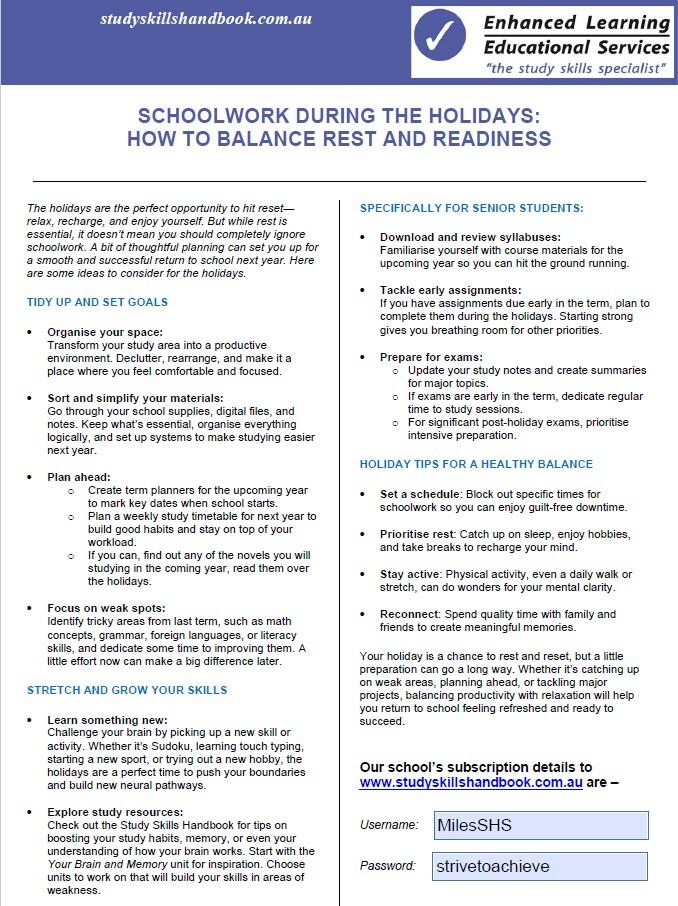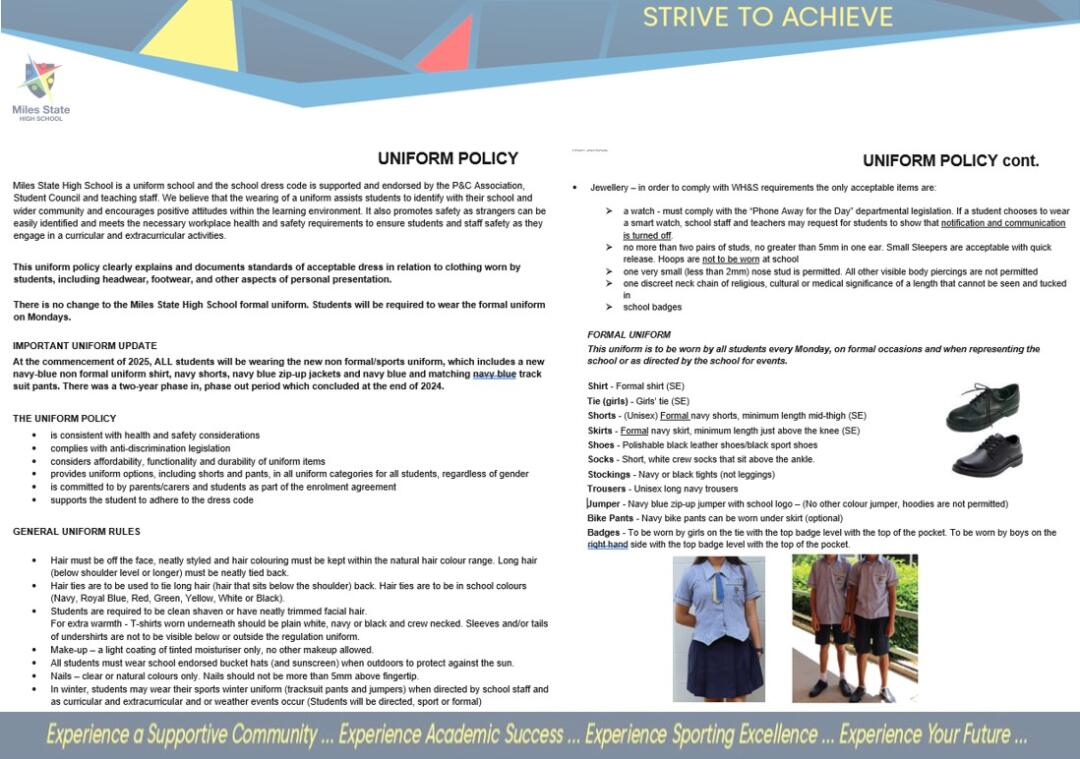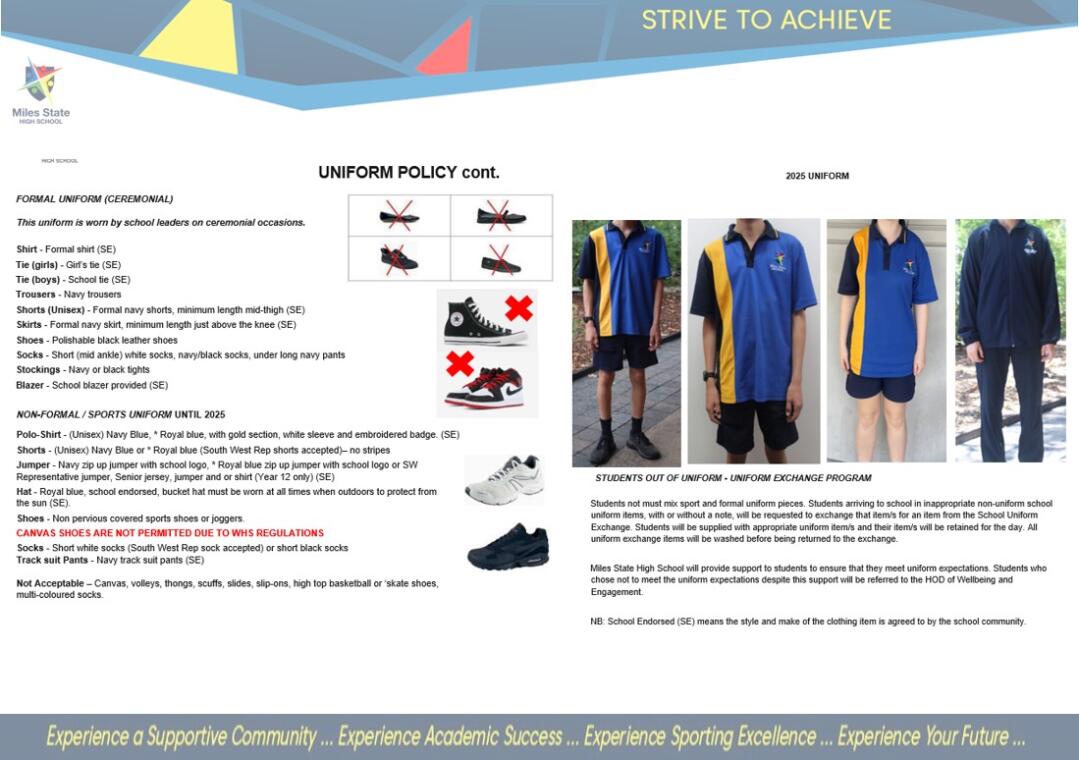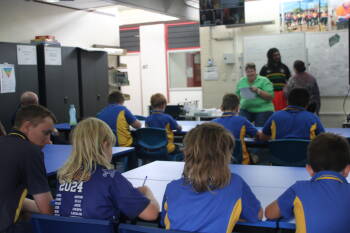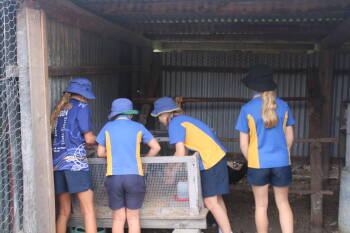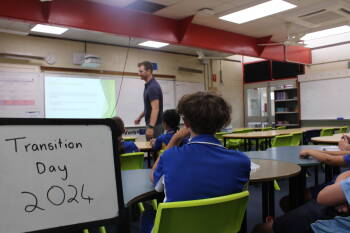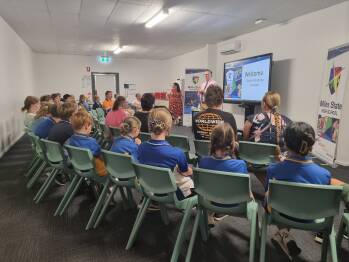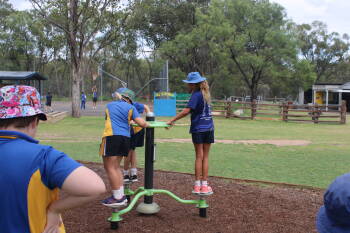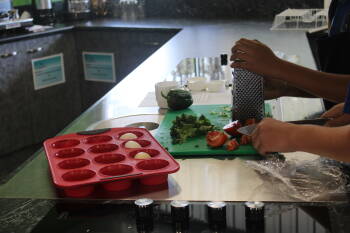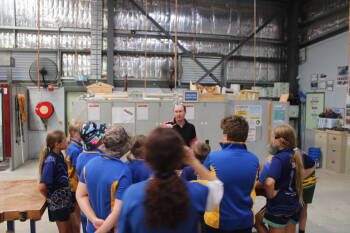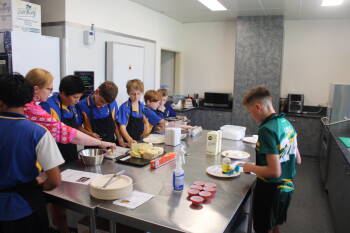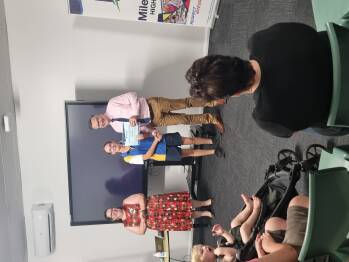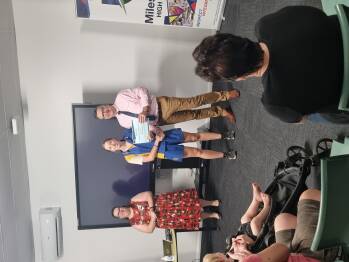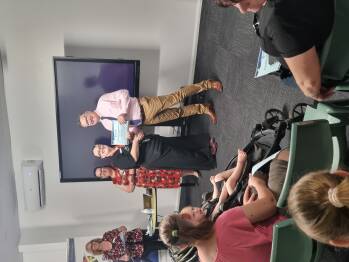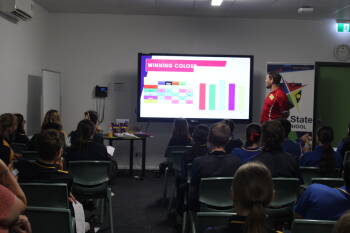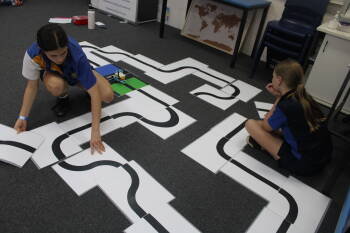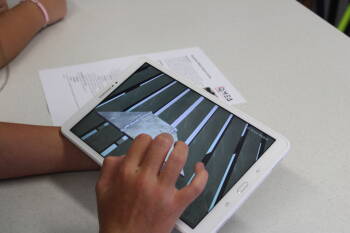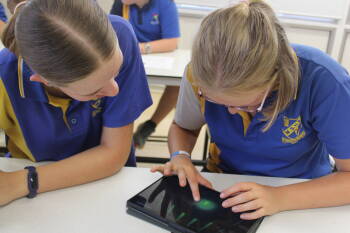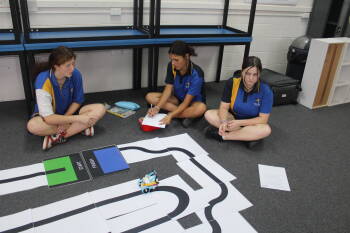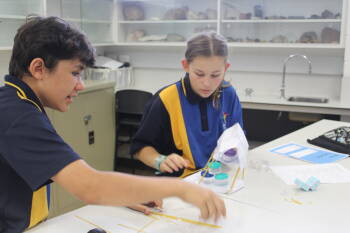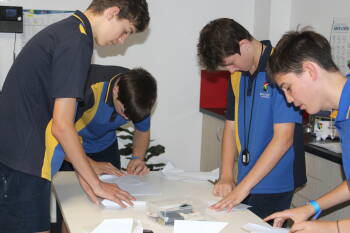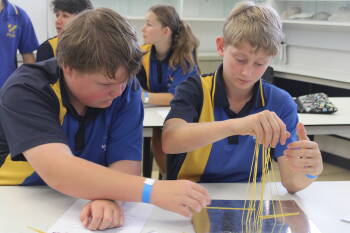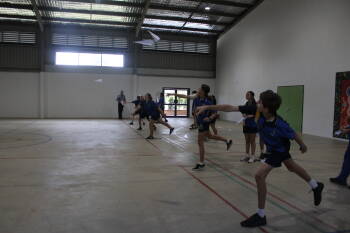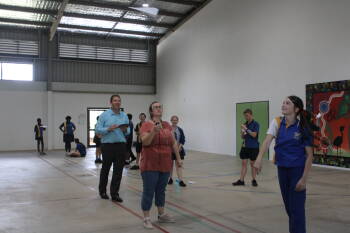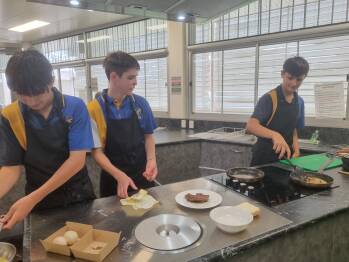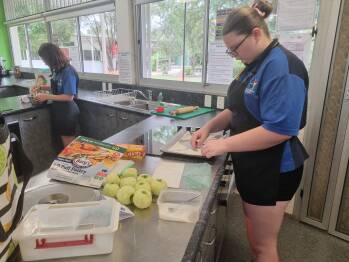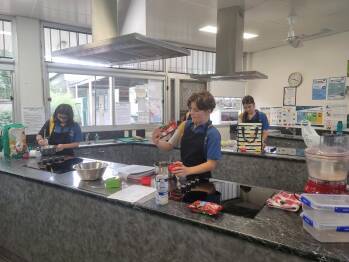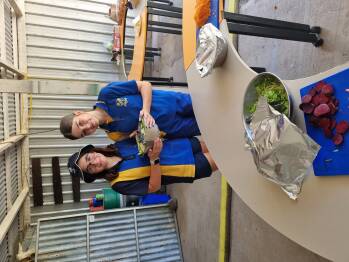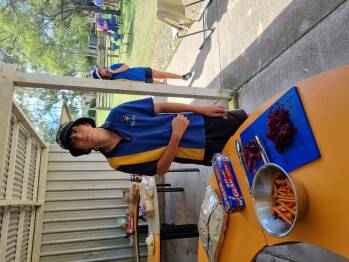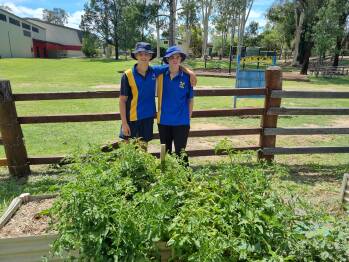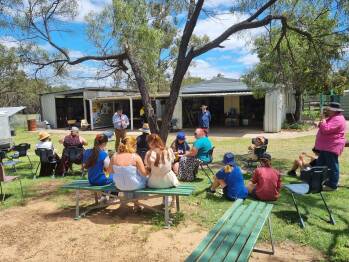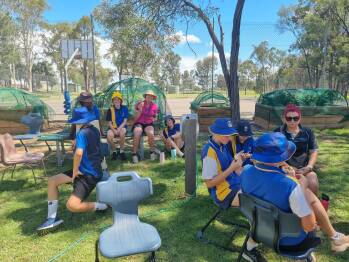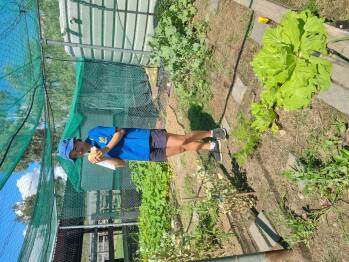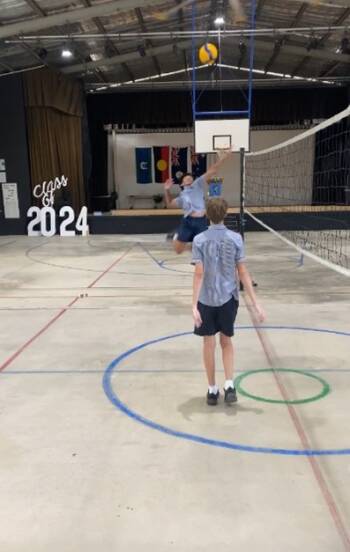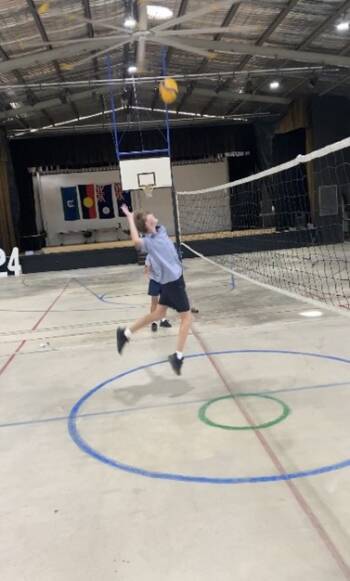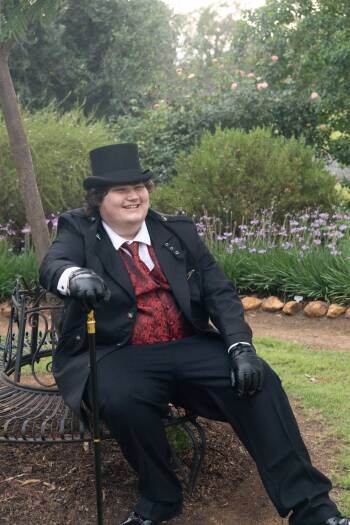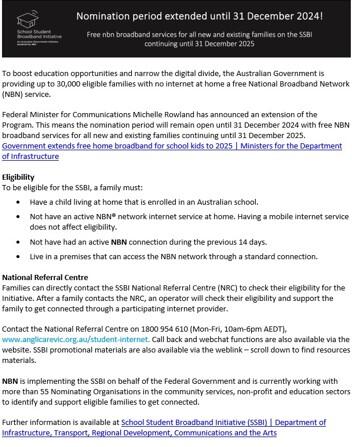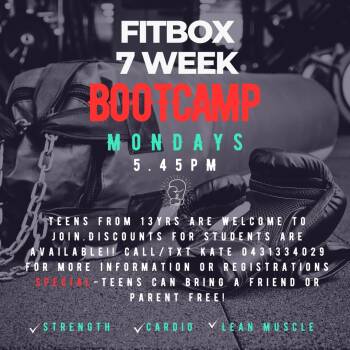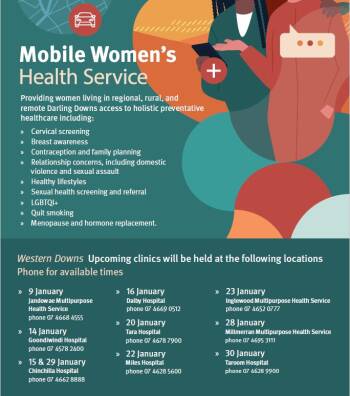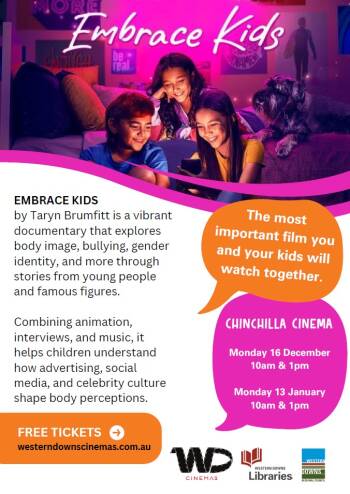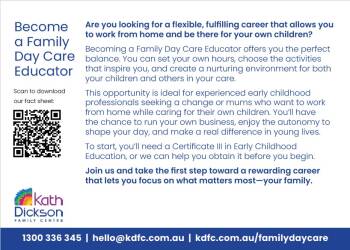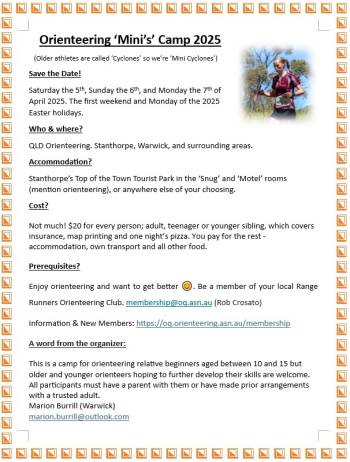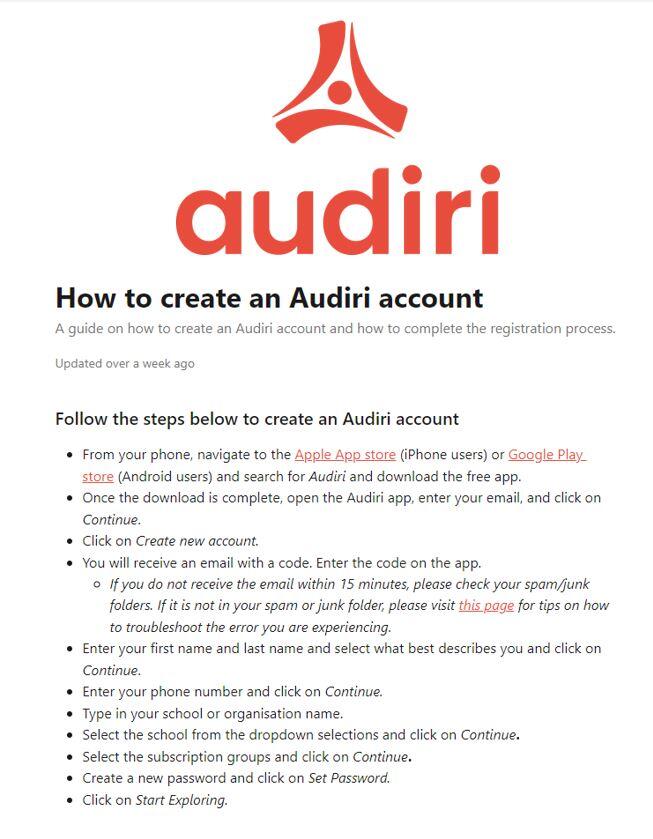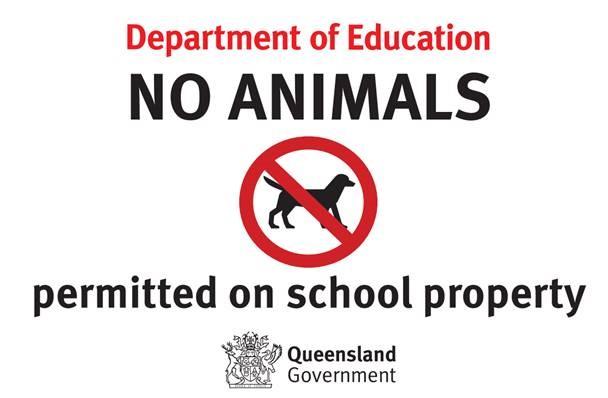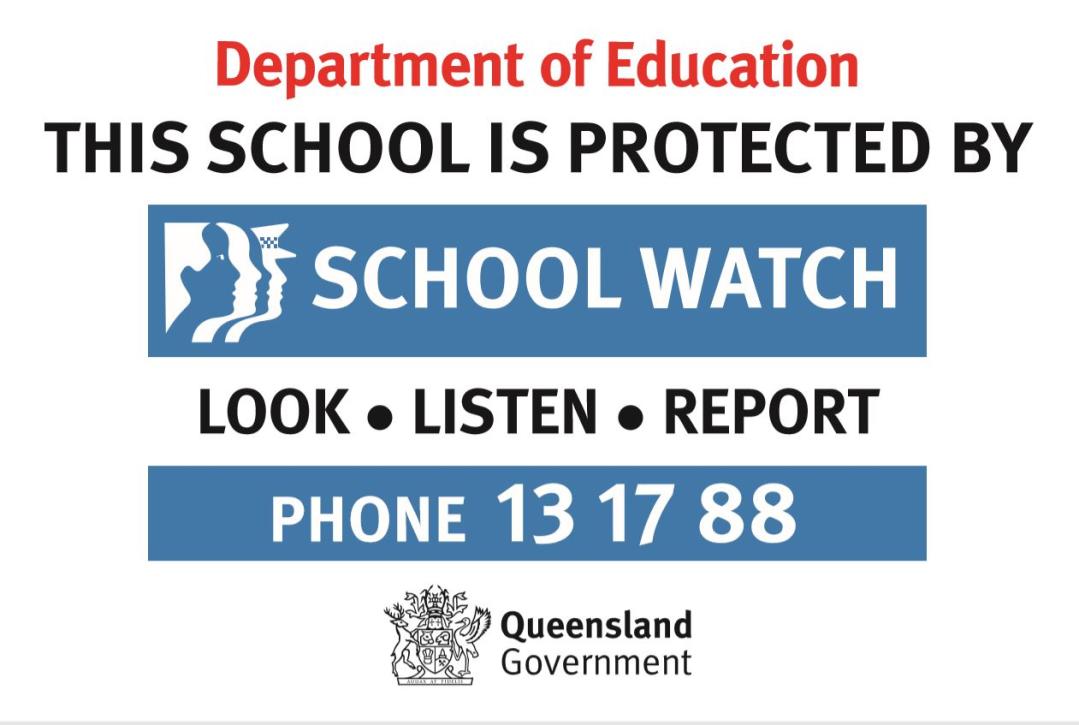Congratulations on Making It to the End of the Year
As we wrap up another successful year, it’s time to celebrate the hard work and resilience shown by our students, staff, and families. The school holidays provide a well-deserved break and the opportunity for students to relax and recharge. However, with more free time, students are likely to spend increased hours on their devices and social media platforms.
While technology can offer entertainment, learning opportunities, and social connection, excessive use can lead to negative consequences, including poor sleep, reduced physical activity, and heightened anxiety or depression. Device and social media overuse can quickly evolve into unhealthy habits, impacting a student’s overall wellbeing.
The Impact of Device Addiction
Device addiction refers to the compulsive use of smartphones, tablets, or computers to the point where it interferes with daily life. Studies have shown that excessive screen time, particularly on social media, can:
- Disrupt sleep patterns by exposing users to blue light before bedtime (Carter et al., 2016).
- Reduce face-to-face social interaction, which is crucial for developing interpersonal skills (Twenge et al., 2018).
- Increase the risk of anxiety, depression, and low self-esteem due to constant comparisons on social media (Keles et al., 2020).
How to Monitor and Provide Supervision
Parents and caregivers play a vital role in helping students maintain a healthy balance during the holidays. Here are some practical tips:
Set Clear Boundaries Establish daily limits on screen time, particularly for non-educational purposes. Encourage tech-free times, such as during meals or an hour before bedtime. Promote Offline Activities Encourage hobbies like reading, sports, or creative projects to reduce reliance on devices for entertainment. Outdoor activities can also provide much-needed physical exercise and mental relaxation. Model Healthy Habits Children often emulate the behaviours they observe. Demonstrate balanced device usage by taking regular breaks and prioritising face-to-face interactions. Use Parental Controls Many devices and apps offer parental controls to monitor usage, restrict access to inappropriate content, and manage screen time. Familiarise yourself with these features and use them effectively. Foster Open Communication Talk with your child about their online experiences. Discuss the potential risks of social media, such as cyberbullying and privacy concerns, and encourage them to come to you with any problems. Create Tech-Free Zones Designate certain areas of the home, like bedrooms or the dining table, as technology-free spaces to encourage mindfulness and family bonding. Looking Ahead
Helping students develop healthier habits with technology can positively influence their mental health and social skills in the long term. By providing guidance and supervision, families can ensure that devices enhance rather than detract from their child’s holiday experience.
Let’s work together to make these holidays a time of rest, growth, and meaningful connection for all students. Wishing the entire Miles State High School community a safe and balanced holiday season!
References Carter, B., Rees, P., Hale, L., Bhattacharjee, D., & Paradkar, M. S. (2016). Association between portable screen-based media device access or use and sleep outcomes: A systematic review and meta-analysis. JAMA Pediatrics, 170(12), 1202–1208.
Keles, B., McCrae, N., & Grealish, A. (2020). A systematic review: The influence of social media on depression, anxiety, and psychological distress in adolescents. International Journal of Adolescence and Youth, 25(1), 79–93.
Twenge, J. M., Martin, G. N., & Spitzberg, B. H. (2018). Trends in US adolescents’ media use and well-being, 1976–2016. Psychology of Popular Media Culture, 8(4), 329–345.




